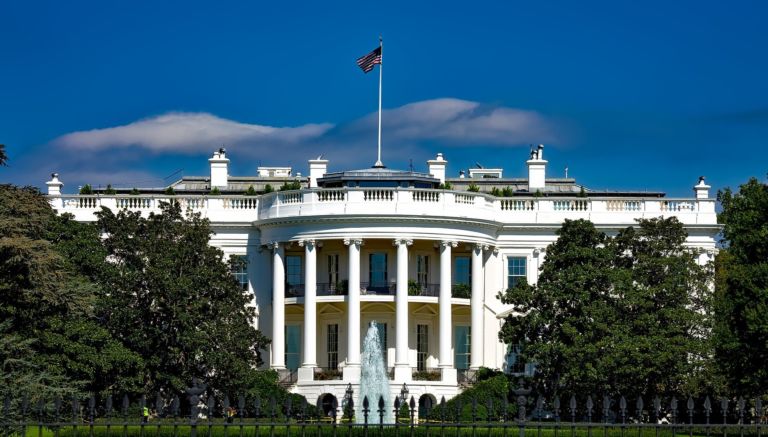Editors at the Washington Examiner highlight an interesting development at the nation’s highest court.
During oral arguments on Tuesday, Supreme Court Justices Neil Gorsuch and Samuel Alito exposed the Biden administration’s inexcusable practice of selective prosecution of protesters and rioters.
The case, Fischer v. United States, involved the contention by Pennsylvanian Joseph Fischer that the charges of “obstruct[ion of] … any official proceeding,” based on 18 U.S.C. § 1512©, should not apply to his actions during the Jan. 6 Capitol riot. Fischer, who also was charged with assaulting police officers, is hardly a sympathetic figure. His claims that he wasn’t trying to obstruct or “impede” official (and important) congressional business, in the ordinary (nonlegal) sense of those words, are specious, but Gorsuch and Alito were interested in a point broader than Fischer’s particular circumstances.
More than 300, of nearly 1,400 total, other Jan. 6 defendants also have been charged with violating 18 U.S.C. § 1512(c). The two justices were puzzled by inconsistencies with which President Joe Biden’s appointees apply the law and with the wide scope they claim for it against disfavored defendants. Contrarily, when people on the Left, even including members of Congress, disrupt government proceedings, including by use of force, Biden and his officials look the other way.
“Would a sit-in that disrupts a trial or access to a federal courthouse qualify [as illegal obstruction]?” Gorsuch asked Biden’s solicitor general, Elizabeth Prelogar. “Would a heckler at today’s audience qualify or a heckler at the State of the Union address? Would pulling a fire alarm before a vote qualify for 20 years in federal prison?”
Progressive Rep. Jamaal Bowman (D-NY) used the fire alarm stunt before a key spending vote last Sept. 30 and pleaded guilty to a misdemeanor charge carrying negligible penalties, but he bragged about not being charged for obstructing House proceedings even though that’s what he had obviously done when the alarm forced an evacuation. That mandatory mass exit interrupted attempts to ward off a government shutdown.
When Prelogar’s attempt to draw distinctions sounded weak and confusing, Gorsuch pressed further.


